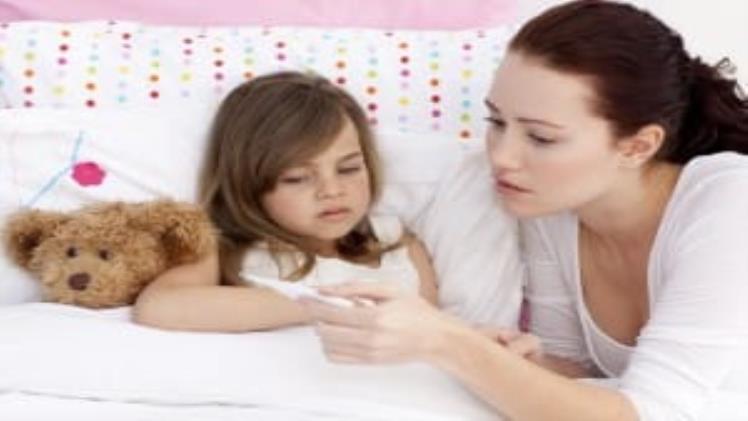As a parent, you want to ensure that your child stays healthy and protected from any kind of illness. However, sometimes children fall sick due to various reasons, and one such illness that can be a cause for concern is pediatric pneumonia.
It is a lung infection that can affect children of all ages. It is caused by bacteria, viruses, or fungi, and can lead to inflammation in the lungs. The infection can affect one or both lungs and can range from mild to severe. The severity of the infection depends on various factors, such as the child’s age, overall health, and the type of pathogen causing the infection.
Causes of pneumonia
The most common cause of pneumonia in pediatrics is a bacterial infection. Streptococcus pneumoniae is the most common bacteria that causes pneumonia in children. Viral infections, such as respiratory syncytial virus (RSV), influenza, and adenovirus, can also lead to pneumonia. Fungal infections, such as Pneumocystis jirovecii, can cause pneumonia in children with weakened immune systems.
Symptoms of pneumonia
Symptoms of pneumonia in children can vary depending on the severity of the infection. Common symptoms include cough, fever, chest pain, shortness of breath, rapid breathing, and fatigue. In infants, symptoms may also include poor feeding, irritability, and lethargy. If your child exhibits any of these symptoms, it is important to seek medical attention immediately.
Stages of pneumonia
Pneumonia in pediatrics is classified into four stages – consolidation, red hepatization, gray hepatization, and resolution. In the initial stage of consolidation, the air sacs in the lungs become filled with fluid and bacteria, which can cause symptoms such as fever, cough, and difficulty breathing.
As the infection progresses, the lungs may become red and engorged with blood in the red hepatization stage. In the gray hepatization stage, the lungs become gray as the bacteria start to die. Finally, in the resolution stage, the lungs begin to heal, and the child’s symptoms start to improve.
It’s important for parents to be aware of the stages of pediatric pneumonia, as early detection and treatment can improve outcomes. If your child exhibits symptoms of pneumonia, seek medical attention promptly to ensure proper diagnosis and treatment. With proper care, most children recover fully from pneumonia.
Pneumonia treatment
The pneumonia in pediatrics treatment depends on the cause of the infection. If the pneumonia is caused by bacteria, antibiotics are usually prescribed. If the pneumonia is caused by a virus, antiviral medications may be prescribed. In some cases, hospitalization may be necessary, especially if the child is experiencing severe symptoms or is at risk of developing complications.
If your child is admitted to a pediatric hospital for pneumonia treatment, the medical team will provide supportive care, such as oxygen therapy, to help the child breathe. Intravenous (IV) fluids and medications may also be administered to help the child recover. Once the child’s condition improves, they may be discharged from the hospital and prescribed medications to continue their treatment at home.
In addition to medical treatment, there are also preventive measures you can take to reduce the risk of your child developing pneumonia. Ensuring that your child receives their recommended vaccinations, such as the pneumococcal vaccine and flu shot, can help protect them from infections that can cause pneumonia. Encouraging your child to practice good hygiene, such as washing their hands regularly, can also help prevent the spread of germs.
It is also important to follow the prescribed treatment plan and complete the entire course of medications, even if your child starts to feel better. This will help ensure that the infection is completely cleared from the body and reduce the risk of recurrence or the development of antibiotic-resistant strains of bacteria.
Moreover, as a parent or caregiver, you can also help make your child feel more comfortable during their recovery by providing them with plenty of fluids, rest, and nutritious foods. It is important to encourage your child to take deep breaths and cough regularly to help clear the mucus from their lungs. Using a humidifier or taking a steamy shower can also help loosen the mucus and ease breathing difficulties.
Lastly, it is essential to closely monitor your child’s progress during and after their recovery from pneumonia. Some children may continue to experience cough and fatigue for several weeks after their treatment. If your child’s symptoms persist or worsen, it is important to consult with their healthcare provider to rule out any complications or underlying medical conditions. As a parent or caregiver, your love and support can make a significant difference in your child’s recovery from childhood pneumonia.

